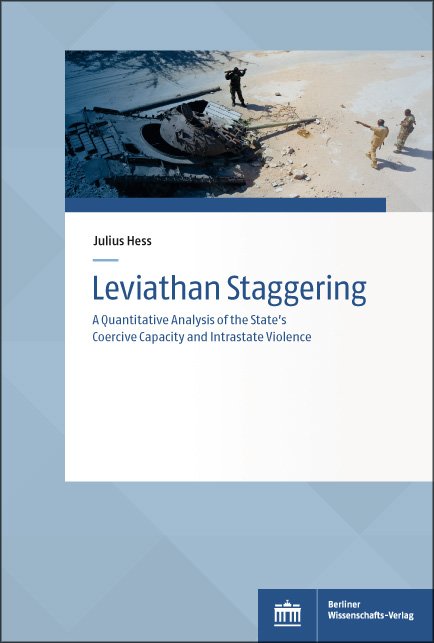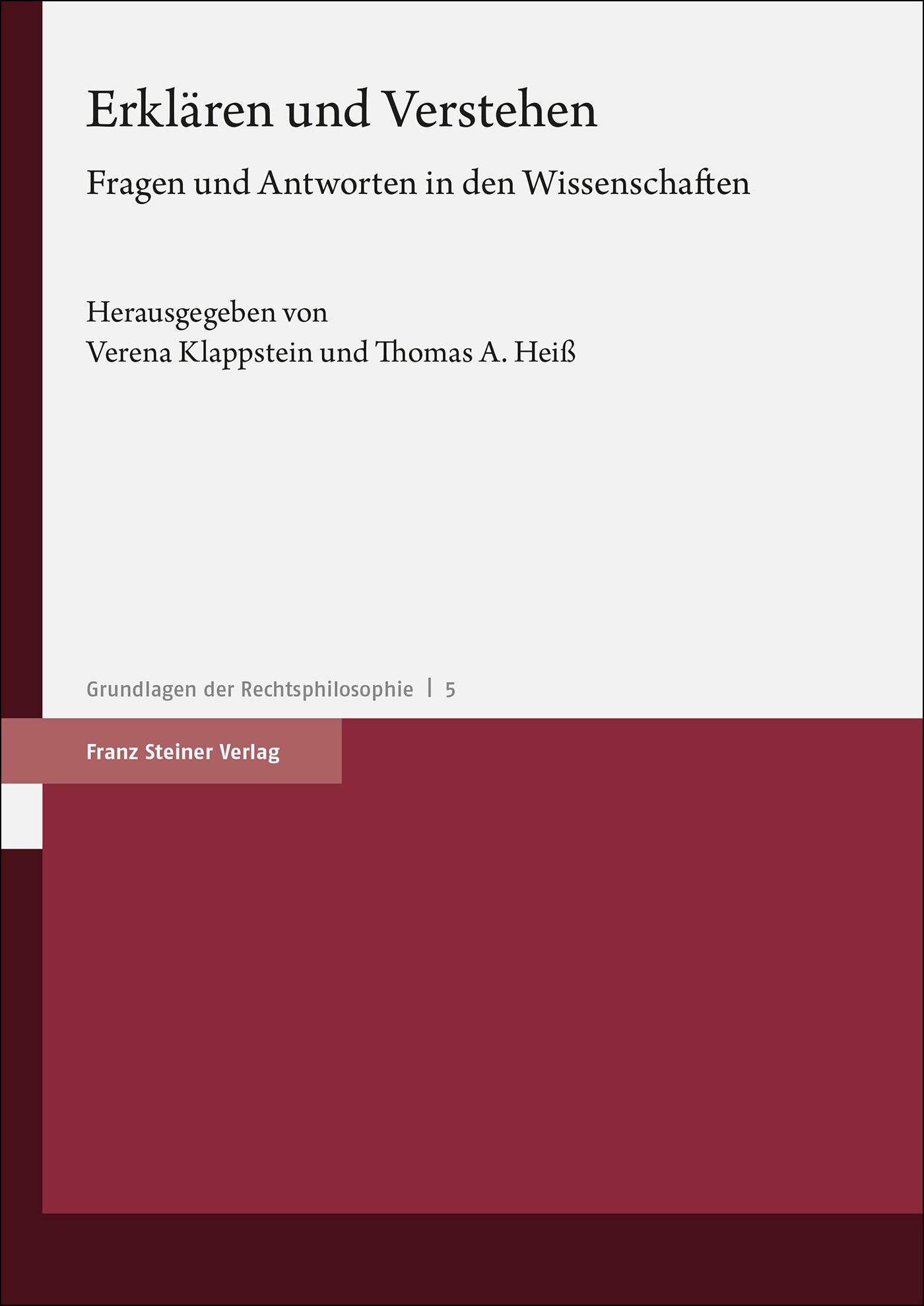Leviathan Staggering
A Quantitative Analysis of the State’s Coercive Capacity and Intrastate Violence
Leviathan Staggering
A Quantitative Analysis of the State’s Coercive Capacity and Intrastate Violence
From Afghanistan to Africa’s Sahel region, from the Congo to Central America, deadly violence within state borders is a major threat to peace and security in the contemporary world. Today, internal violence involving rebels, terrorist groups, or organized crime has a higher death toll than wars between nations. Meanwhile, rates of violent deaths have reached historical lows in other parts of the world. Why are some countries ravaged by internal strife while others enjoy lasting stability?°°Building on a wide variety of data, this study provides fresh perspectives on the question of how peace within nations may be achieved. It explores Thomas Hobbes’ argument that it takes a militarily powerful state to overcome the scourge of violence and asks whether this helps us understand conflict in the contemporary world. The findings show that recent efforts at stabilizing violence-ridden nations, such as the multinational missions in Mali or Afghanistan, are likely to run into serious dilemmas.
| Reihe | Sozialwissenschaftliche Studien des Zentrums für Militärgeschichte und Sozialwissenschaften der Bundeswehr |
|---|---|
| Band | 21 |
| ISBN | 978-3-8305-5063-1 |
| Medientyp | Buch - Kartoniert |
| Auflage | 1. |
| Copyrightjahr | 2020 |
| Verlag | Berliner Wissenschafts-Verlag |
| Umfang | 395 Seiten |
| Abbildungen | 36 s/w Abb., 47 s/w Tab. |
| Format | 15,3 x 22,7 cm |
| Sprache | Englisch |










